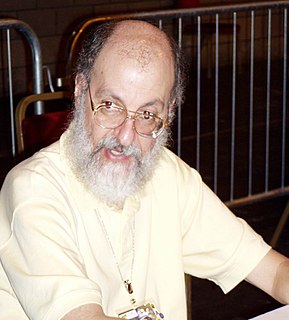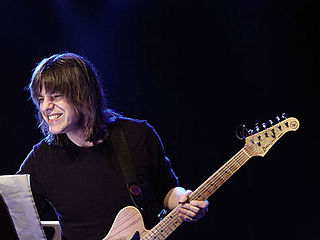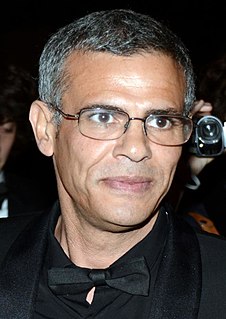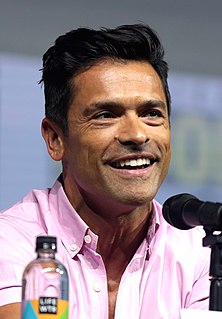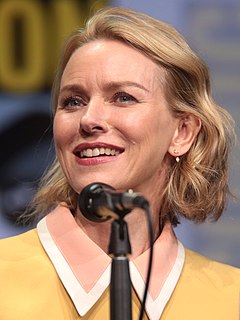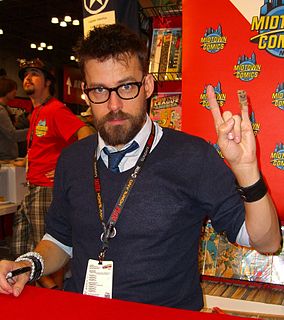A Quote by Dito Montiel
Whether I'm writing the script, or someone else writes the initial draft, I'm always an actor's director first. I always try to listen to them a lot and try to put their voices into their character.
Related Quotes
When I'm writing, I try to have the mask of my character on as I'm walking through the world. When I'm not at my desk, the rest of the time, I try to stay in that character and see the world the way that character would It's almost like method acting in a way — keeping the character close the way the actor keeps a script close and always tries to be in character.
I'm always like that about everything. When I try to do something, I always think, "What is the best way to do this?" Instead of taking what everyone else says and how it has been forever, it's faster for me to try myself. Of course I listen to what everybody says, and at first I'll try what people say, but I always come back to trying it my way.
When I hire musicians, I look for that first: every time they sit down do they go for it, you know? And do they try to learn the music and try to get inside the song whatever the tune is? Whether it's my originals or someone else's, it's just whether or not they're gonna play their hearts out, first and foremost.
Costume is always an asset. Normal costume you have a lot to say about - if you're wearing suits or ties, and what color you want, and how it's going to be cut, and stuff like that, and whether or not you're going to wear a hat, and blah, blah, blah. But, when you're wearing a special costume, and of course, costume is probably the second ingredient in character, script being first, I always find that the costume does a lot to cement your character, to put it firmly in mind.
A trick I picked up from reading Frank Miller scripts: ... He tended to always start his panel caps sometimes with a general noun and a verb. 'He weeps,' and then there'd be whatever else. And a couple of collaborators of mine have always said that the first sentence of my script is for them, and everything else that comes after is for me. Which is true, that's very much how I try to write. The first line is just to get the physical action down, and then I'll kind of drift off into whatever else I see in my head and they can take it or leave it.
Almost all good writing begins with terrible first efforts. You need to start somewhere. Start by getting something-anything-down on paper. A friend of mine says that the first draft is the down draft-you just get it down. The second draft is the up draft-you fix it up. You try to say what you have to say more accurately. And the third draft is the dental draft, where you check every tooth, to see if it's loose or cramped or decayed, or even, God help us, healthy.



